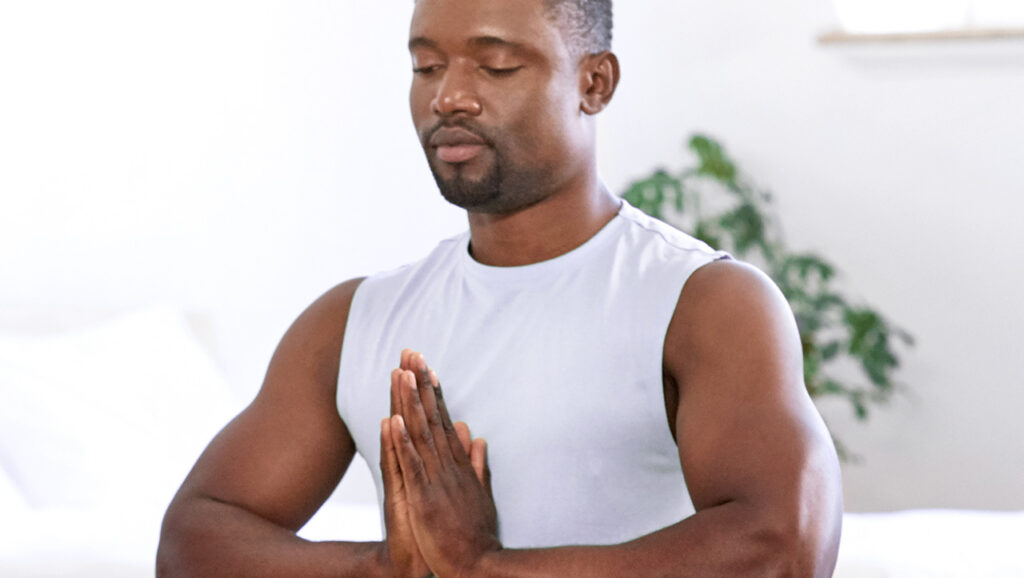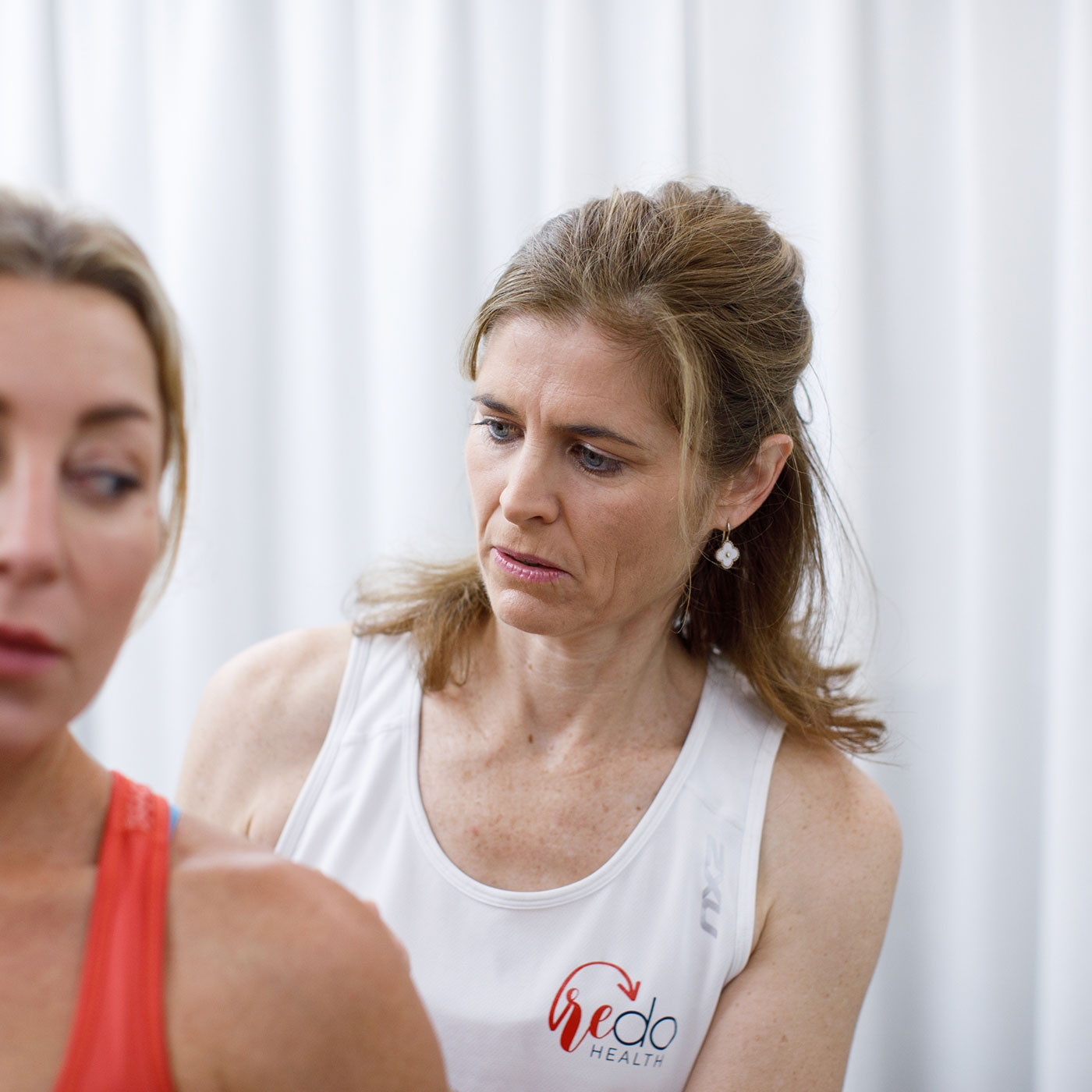
Breathing Mechanics and Physiology: Why Better Breathing Means Better Health
We breathe over 20,000 times a day, yet most of us don’t think twice about it. But if you struggle with chronic pain, fatigue, stress,

Recently I took a week out of the clinic. It was the first time I had taken a break since before the pandemic hit.
I have been grateful that I have been able to continue working throughout, but I was also recognising the signs that I needed a break – my body and my mind needed a bit of a rest to avoid burning out.
Taking a break from things can have many benefits and is often needed to avoid things like burnout.
I encounter many clients who show signs of burnout and it is likely a contributing factor to why they may be presenting to the clinic with body aches and pains, made worse, by prolonged periods of stress, poor sleep and diet and a general lack of movement or exercise.
Burnout is a state of chronic stress. It can lead to physical and emotional exhaustion, cynicism and detachment and feelings of ineffectiveness and lack of accomplishment.
When burnt out, one feels like they are no longer able to function effectively – personally or professionally.
This doesn’t happen suddenly, but is much more insidious, creeping up very slowly, making it harder to recognize.
However, the body and mind often give many warnings…
Pre-COVID life could be stressful enough and now for some it’s even more so.

Exhaustion can be a normal reaction to stress – physically and mentally – and it does not equate to disease or illness. But feeling exhausted vs just feeling tired are very different – two extremes of the spectrum.

Lack of control
2020 has been a year out of control. Work and life have not been the same. Some have struggled to get work, while others have been busier than ever. Not having the resources can have a big impact! Realising that things are out of your control can be difficult, may be the first step in taking control of the things you can!
Extremes of Activity
For those working more, it may be that you have been working from home for the last 6 months, possibly without an ideal work set-up, working more than you had previously. Your exercise routine may have also changed – from none at all to exercising daily.
Lack of Social Support
While Zoom and FaceTime are great, they are not the same as connecting with friends and loved ones in person. While here in Australia we have been quite fortunate, not being able to see friends and family overseas or out of state, can eventually take its toll. If you are feeling isolated, you may feel more stressed.
Work-Life Imbalance
Particularly for those working from home, the separation between work and homelife has completely eroded. If you are going from the breakfast table to your desk and back again for dinner, it can be hard to devote much of your time and energy to your family and friends.
This pandemic has given many of those the time to reflect on what is important and by re-assessing priorities, maybe you can make a bit more time for activities that bring you joy and make you feel good! Stress will always be there – so having something to counteract the stresses of daily life couldn’t hurt, right?

It’s not always as easy to realise you need to change, but if you are feeling run down – mentally and/or physically – something’s gotta give and sometimes talking to someone can help put the big picture in perspective.

Try anything that will help take you mind of the stresses of your life. By focusing on your breath for example you can up-regulate activity in your parasympathetic nervous system, calming your body and your mind. And make sure it becomes a regular habit.

As we keep saying, movement is medicine! Get your body moving to get the endorphins flowing or just to break up your daily routine. With still a large part of the working population still at home, many are not getting the incidental steps they normally would; without a morning commute, not walking to the office or going to meetings. Try adding in a morning or evening walk or get out on your lunch hour for. Use the time you normally would move to move a bit more. Schedule it in to you diary – if you don’t it is a lot less likely to happen!

Sleep is when your body does it’s work to recharge and recover. While you sleep your blood pressure and heart rate drop, allowing your heart to take a break. Hormones that slow your breathing and relax your muscles are released, helping with inflammation and healing.


We breathe over 20,000 times a day, yet most of us don’t think twice about it. But if you struggle with chronic pain, fatigue, stress,

From Melinda… For people who come to my classes and clients who have been seeing me for a while, may have heard some of the

Meet Susan Susan recently suffered a fall attempting to lift a 2.5kg bag of soil overhead in her garden shed when she felt her leg
Sign Up Below To Get Your Free RedoHealth Guide Now

By registering, you agree to receive SMS and email communications from RedoHealth. No spam guaranteed. Unsubscribe at anytime.